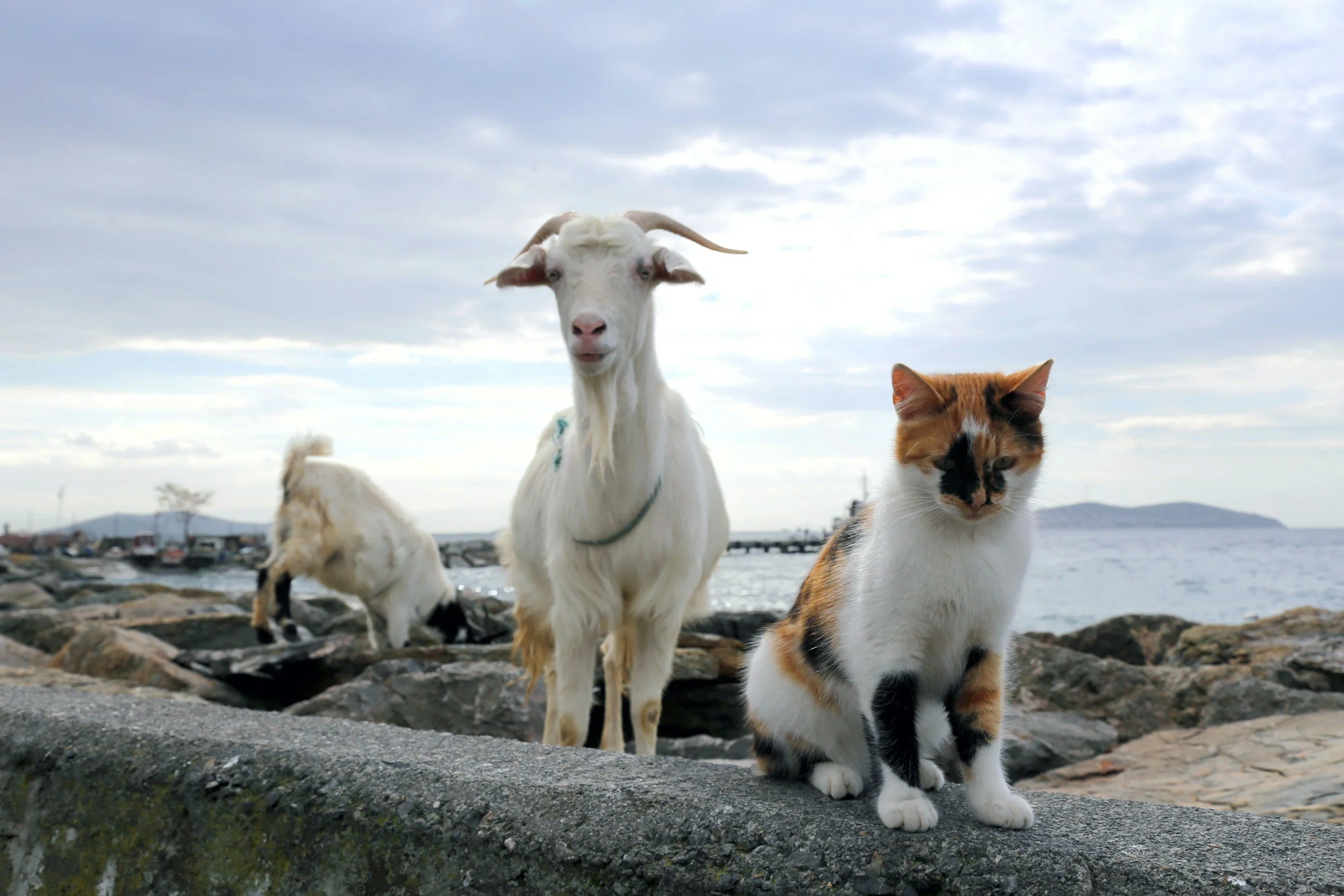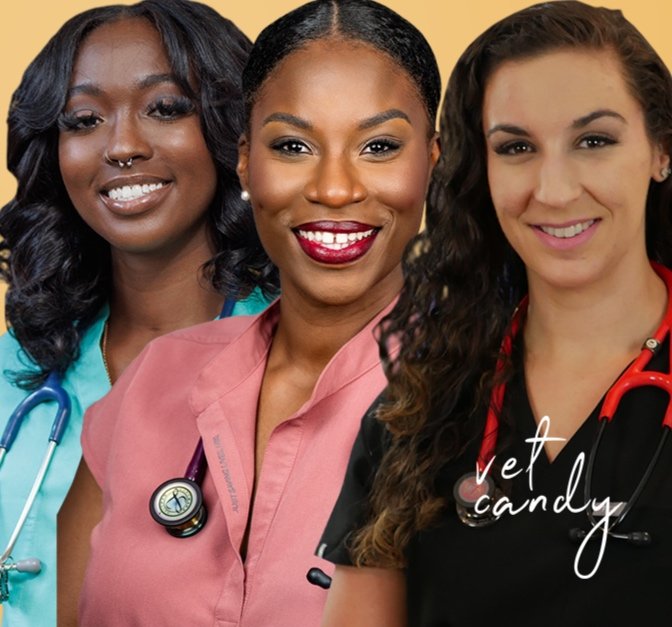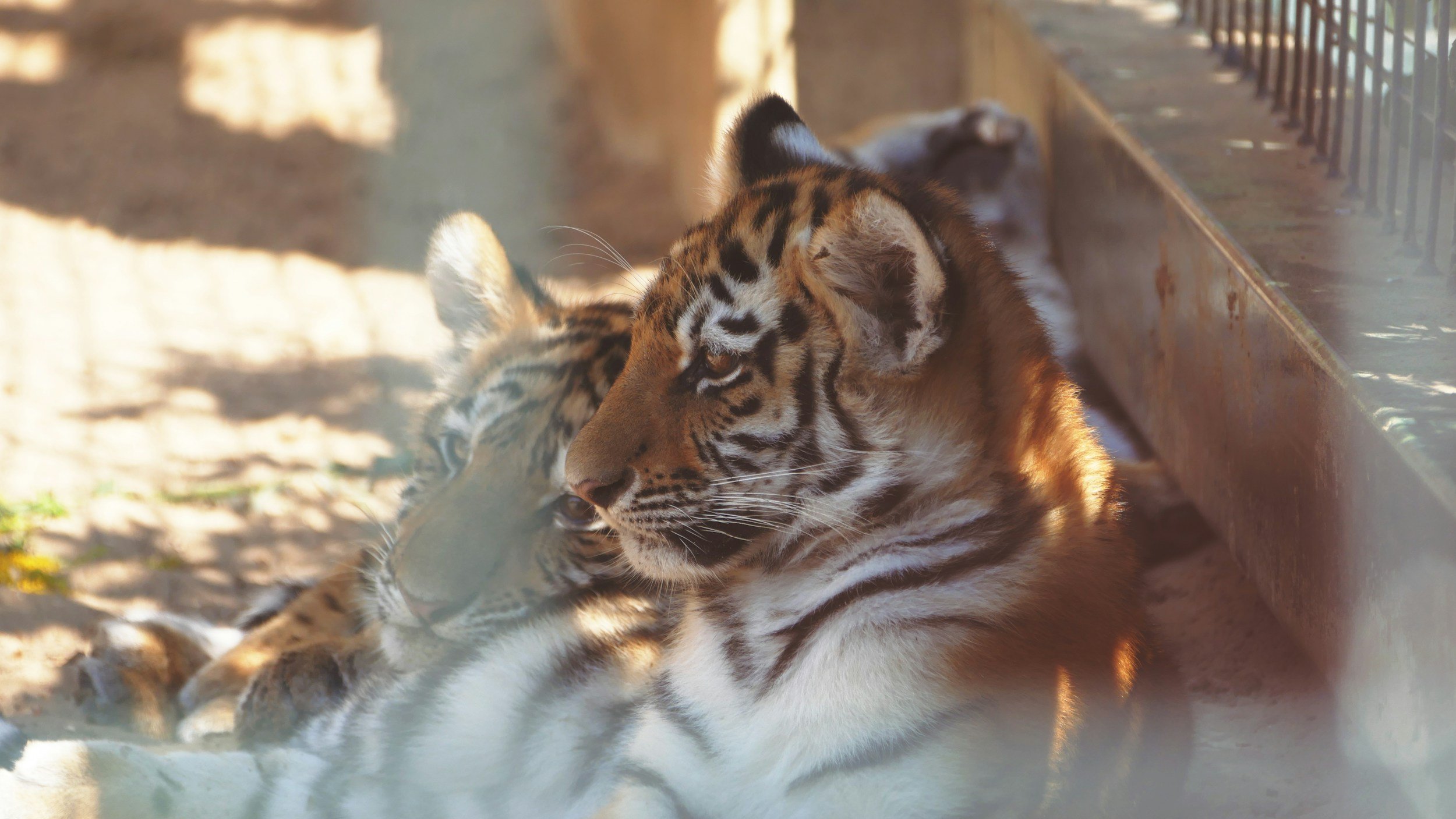
Are cows pickier than goats?
To answer this question, Linnaeus collected 643 different plant species that were then fed to horses, cows, pigs, sheep and goats. The results were carefully compiled but not analysed until now, 275 years later, when they are also published by the Linnean Society in London.
“It may have been the first experiment in what would only later become the subject of ecology in the late 19th century. By today’s standards, it was a huge experiment involving an impressive number of plants,” notes Håkan Rydin, Professor of Plant Ecology at Uppsala University and one of the researchers who carried out the analysis.

5 Mistakes Every New Vet Makes – And How to Avoid Them Like a Pro!
In the latest episode of Vet Candy IRL, host Dr. Shannon Gregoire tackles a topic that every new veterinarian can relate to: the 5 biggest mistakes veterinarians make in their first year—and how to sidestep them! This week, Dr. Shannon is joined by two incredible guests from Hometown Veterinary Partners: Dr. Dazjah Samuels, a 2024 Ross University grad, and Dr. Abi Maynard, a 2017 graduate from St. George’s University. Together, they dive into common pitfalls new vets face and share tips for navigating those early career challenges with confidence.

Can captive tigers be part of the effort to save wild populations?
Captive tigers in the United States outnumber those living in the wild. The World Wildlife Federation estimates around 5,000 of the big cats reside in the U.S., mostly owned by private citizens.
The health of this population is a genetic mystery for conservation groups and researchers interested in how the captive tigers could help stabilize or restore wild tiger populations. Are the privately owned animals just like tigers in the wild, or do they reflect characteristics popular in the illegal trade? Are they a hodgepodge of wild tiger ancestry, or are they detrimentally inbred?

Unlocking Success: Should Veterinarians Get an MBA?
Explore how obtaining an MBA can elevate your veterinary career. Discover the benefits of business education for veterinary professionals, from enhanced management skills to increased earning potential. Learn why an MBA might be the key to unlocking new opportunities in veterinary medicine.

Prop 129: Could This New Role Revolutionize Veterinary Care in Colorado?
Proposition 129 aims to address Colorado's veterinary care shortage by introducing the Veterinary Professional Associate (VPA) role. Modeled after Physician Assistants in human healthcare, VPAs would be highly trained professionals working under the supervision of licensed veterinarians. This proposition has garnered support from animal welfare groups and veterinarians, while some trade associations express concerns about changing the traditional care model. If passed, Prop 129 could improve access to affordable veterinary services, particularly in rural and low-income areas across the state. Find out what this means for pet owners and the veterinary community.

How Knitted Beanies Are Revolutionizing Feline Brain Scans – No Sedation Required!
In a world first, veterinary scientists at Université de Montréal have found a way to scan the brains of cats while they’re awake, using electrodes concealed under specially knitted wool caps.
When being tested for chronic pain from common conditions like osteoarthritis, awake cats tend to shake off and chew the wired electrodes placed on their heads to produce electroencephalograms (EEGs).

